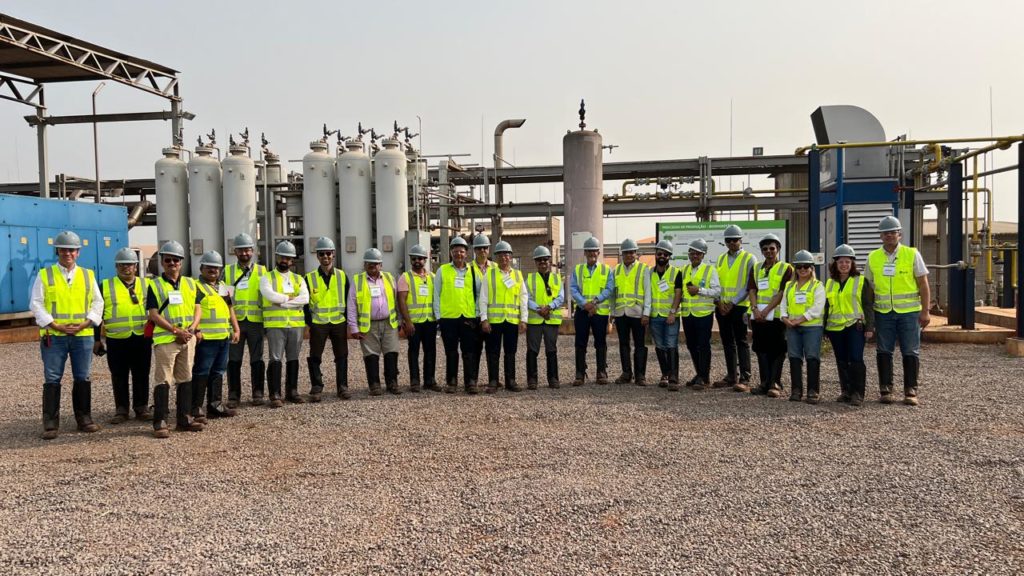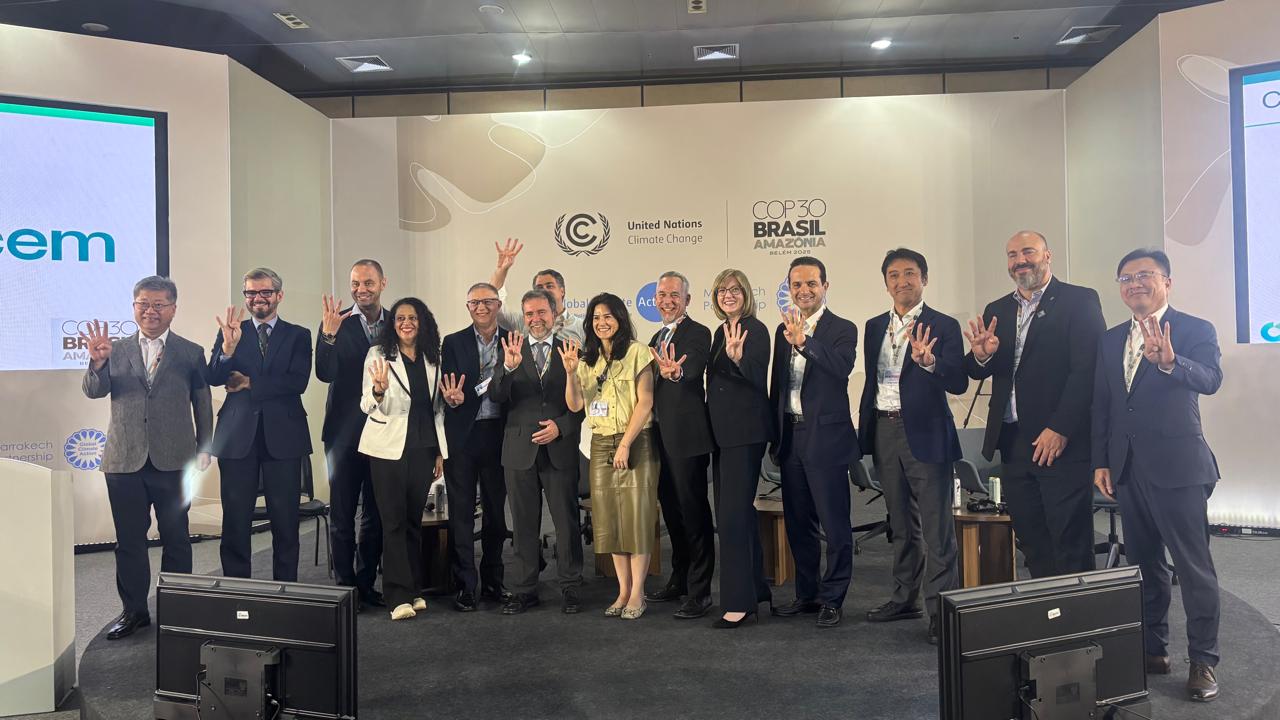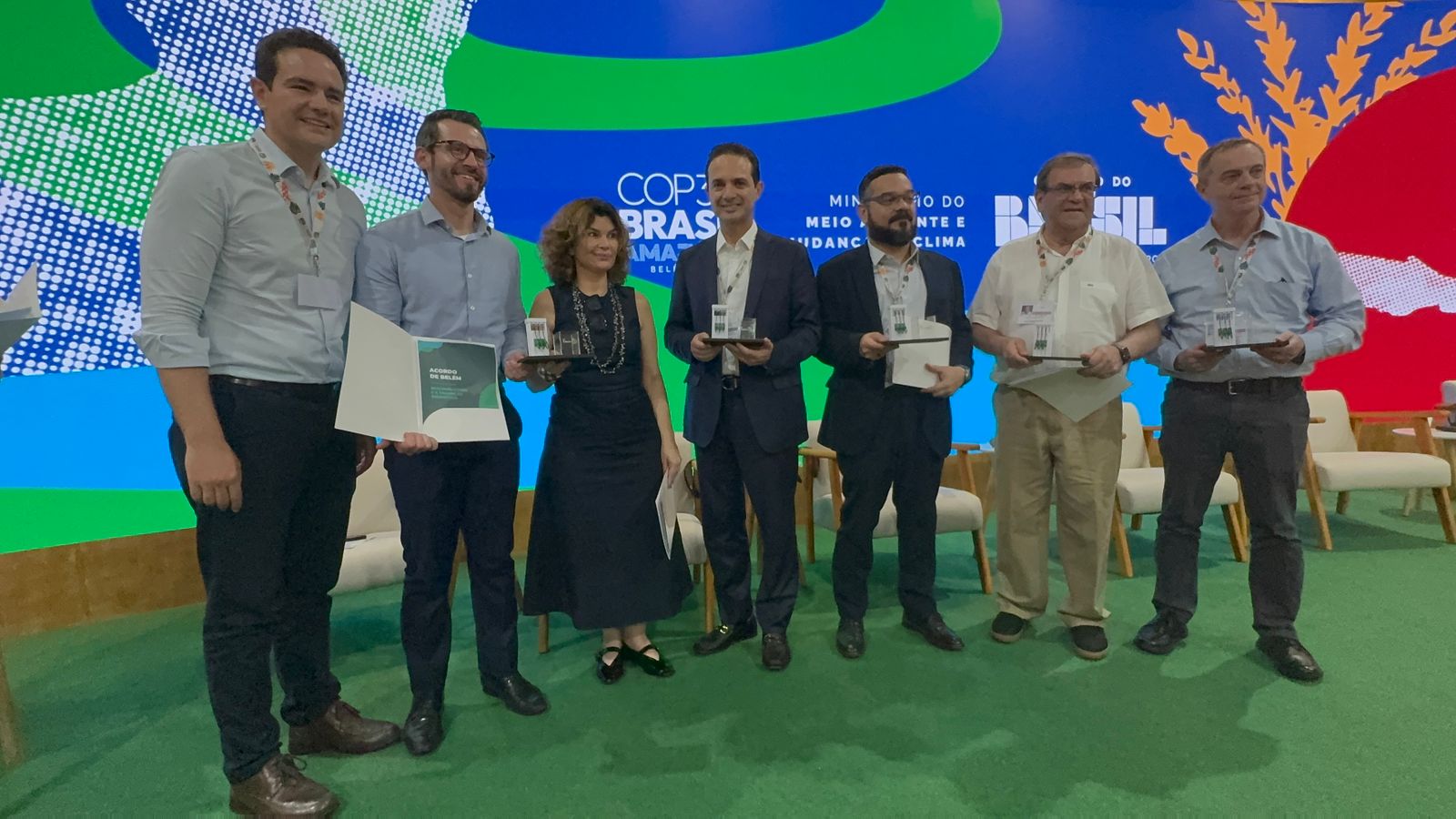
Following the G20 energy transition meeting in Brazil, Indian government and private sector delegations visited ethanol plants and the automotive sector
Brazilian technology for producing advanced biofuels was the focus of an Indian mission to Brazil. Led by the Indian Sugar Mills and Bioenergy Association (ISMA), the delegation toured mills, research centers, and automotive factories to explore Brazil’s bioenergy production potential. The mission, which included 20 Indian participants—government officials and industry representatives—took place in São Paulo from October 7 to 10, following the G20 energy transition group’s meeting.
The agenda began with a bilateral workshop organized by ISMA in collaboration with the Brazilian Sugarcane and Bioenergy Industry Association (UNICA). During the event, UNICA President Evandro Gussi emphasized the G20’s recognition of the crucial role of biofuels in the energy transition and its support for creating a standardized emissions system for sustainable fuels. He also highlighted the technical cooperation between Brazil and India, which led to the establishment of the Global Alliance for Biofuels.
After the workshop, the delegation visited various sites, including Brazil’s first green hydrogen refueling station at the University of São Paulo’s Research Centre for Greenhouse Gas Innovation (RCGI). They explored mechanized sugarcane harvesting and biomethane production at the Cocal mill, as well as first- and second-generation ethanol at Raízen, both UNICA members. In the automotive sector, the delegation visited the Toyota do Brasil plant, learning how ethanol vehicles – whether flex-fueled or hybrid – contribute to reducing emissions.
“We came to understand how the facilities utilize various components of the sugarcane life cycle and value chain to optimize the entire process,” said Secretary Sanjeev Chopra from the Ministry of Consumer Affairs, Food and Public Distribution. ISMA President Deepak Ballani remarked, “The production of biomethane at Cocal, the CBG plant, the entire circular economy, and the innovative products being developed are impressive and contribute to a greener planet.”
Vietnamese delegation visits UNICA
On 7 October, UNICA also welcomed a delegation from Vietnam to the Association’s headquarters in São Paulo. The group of five representatives from the Vietnamese sugar-energy sector was led by the president of the Vietnam Sugarcane and Sugar Association (VSSA), Nguyen Van Loc. The agenda is part of the project to promote the sector between the Brazilian Ethanol Cluster (APLA) and the Brazilian Trade and Investment Promotion Agency (ApexBrasil).
The delegation’s visit is the result of the debate and exchange of experiences between Brazil and Vietnam on ethanol production. This relationship was strengthened by the event “Sustainable Mobility: Ethanol Talks”, in Vietnam in April this year. With the presence of Brazil’s Minister of Foreign Affairs, Mauro Vieira, the speakers and participants were able to take part in technical and enriching debates on ethanol with local experts and stakeholders.
The positive results and repercussions of the last event encouraged the delegation to visit Brazil to learn more about Brazilian production technology and public policies that recognize ethanol’s central role in achieving a low-carbon energy matrix. The Brazilian sugar cane sector could share its experience in sustainable agricultural practices, cane varieties, technologies and high productivity.
For their part, the Vietnamese representatives reported on some aspects of their sugar production chain. While in Brazil, 98 percent of sugar cane is harvested mechanically and burning has been abolished as a harvesting method, in Vietnam, sugar cane has to be harvested manually due to the topography. The sector also plays an important social and economic role in the Asian country, with 300,000 families working as independent sugar cane farmers. The group also mentioned the challenges they face in relation to sugar export policy in the region.
Ethanol Talks
The ‘Sustainable Mobility: Ethanol Talks’ seminars began in Asia in 2020 and have since held ten editions: three in New Delhi (India) and one each in Bangkok (Thailand), Islamabad (Pakistan), Jakarta (Indonesia), and Hanoi (Vietnam). In Latin America, seminars have been conducted in Argentina, Costa Rica, and Guatemala.
The project is organized by UNICA and APLA in collaboration with the Brazilian Ministry of Foreign Affairs and supported by local partners such as the Brazilian Embassy and various local associations, with promotion from the Brazilian Trade and Investment Promotion Agency (ApexBrasil).



